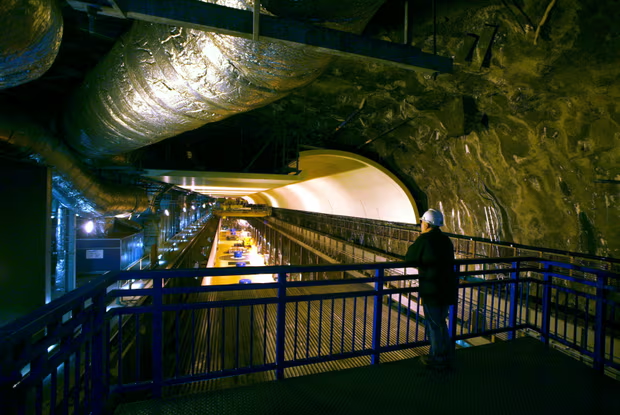Bees provide myriad benefits to humanity
give myriad advantages towards humankind, featuring pollination companies, honey development, food items surveillance and also plant pollination, imaginative creativity or even job options.
Yet suppose could possibly additionally give knowledge right in to individual and also metropolitan area health and wellness? A brand new analyze released today in Ecological Microbiome demonstrates how honeybee hives uncover relevant information approximately individual health and wellness, pathogens, vegetation lifestyle and also the atmosphere of various metropolitan areas.
Our residing metropolitan areas
The Combined Countries predicts virtually 70% of the individual populace are going to dwell in metropolitan areas through 2050.
While metropolitan areas are actually organized and also created along with human beings in thoughts, they additionally work as sophisticated, flexible ecosystems organizing a variety of various other residing microorganisms. Individual health and wellness and also health and well-being in metropolitan regions could be had an effect on through our communications along with the various unseen traits our company discuss our metropolitan areas along with.
It is actually consequently vital towards know exactly just what biotic (residing microorganisms including vegetations, creatures, and also germs) and also abiotic (non-living elements including dirt, sprinkle and also the setting) components compose our metropolitan areas. Having said that, towards pick up such examples coming from all over the metropolitan area, our company require tons of volunteers, opportunity and also intense work.
Honeybee hives sustained through metropolitan beekeepers could possibly give a brand new, much a lot extra dependable technique towards example the metropolitan microbiome - a selection of the nearby microorganisms, including germs, fungis, infections, and also their genetics.
Honeybees as collaborators
Honeybees commonly stay in hives of 60,000-80,000 people. When a gets to a particular grow older in the hive (approximately 21 days), they end up being a forager. Foragers leave behind the hive trying to find nectar, plant pollen and also various other sources.
Scientists employed the assist of honeybees as information enthusiasts in 5 metropolitan areas: Brand-brand new York in the Combined Conditions, Tokyo in Japan, Venice in Italy, and also Melbourne and also Sydney. In metropolitan regions, honeybee foragers normally trip about 1.5km coming from the hive towards see blooms.



